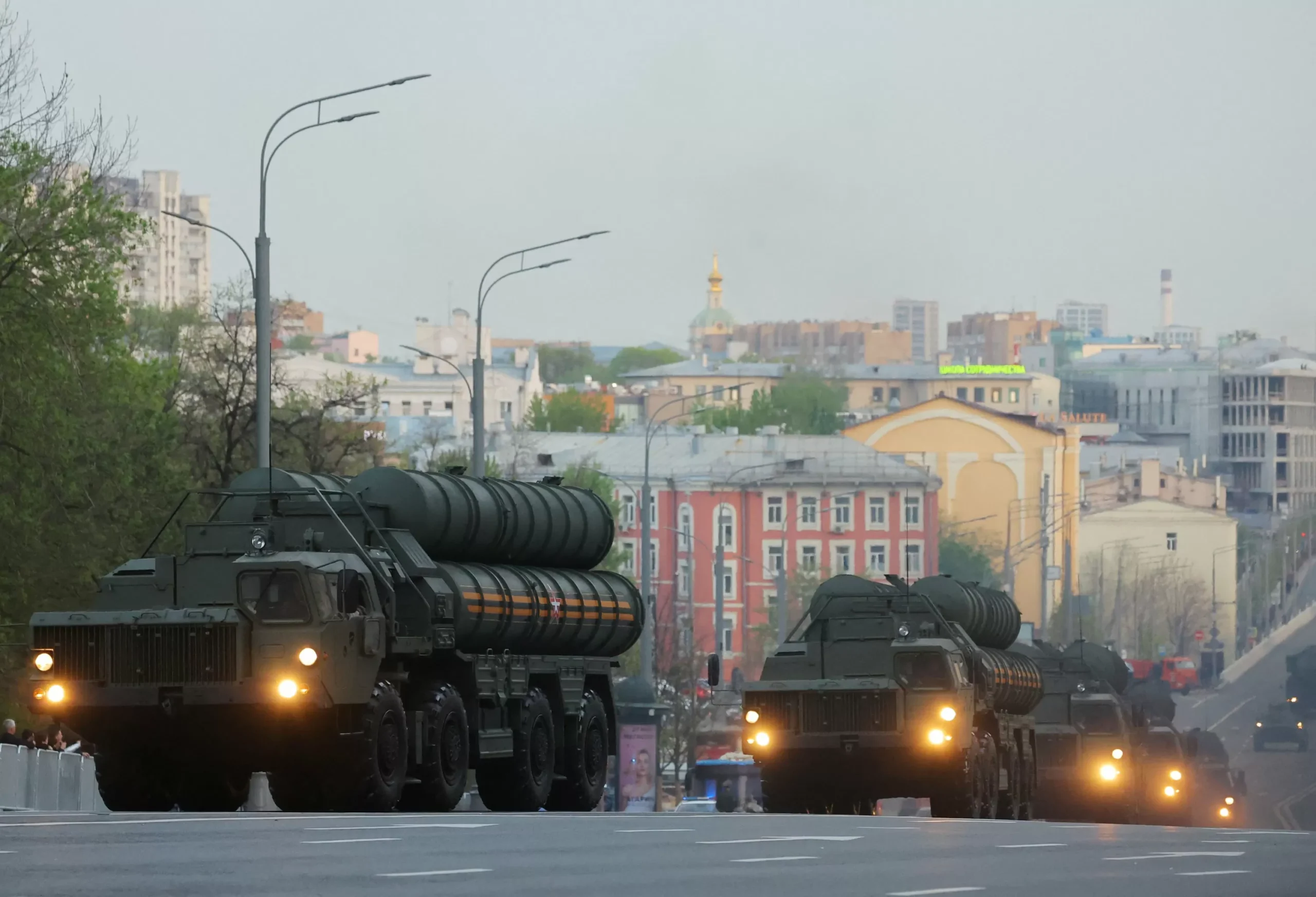Russia and North Korea have been making headlines once again, this time for their controversial exchange deal. According to South Korea’s top security advisor, Moscow has provided Pyongyang with anti-aircraft missiles in exchange for sending troops to support Russia’s war in Ukraine.
This revelation has caused quite a stir in the international community, with many questioning the motives behind this exchange. However, Russia has defended its actions, stating that it is a mutually beneficial agreement between the two nations.
The news of this exchange deal was first announced by South Korea’s National Security Advisor, Chung Eui-yong, during a press conference on Friday. According to Chung, Russia provided North Korea with S-400 surface-to-air missiles, a highly advanced air defense system, in return for North Korean troops to support Russia’s ongoing conflict in Ukraine.
This deal has raised concerns among the international community, as it goes against the United Nations’ sanctions on North Korea. The UN has imposed strict sanctions on North Korea in an effort to curb its nuclear and missile programs. However, Russia has been a vocal opponent of these sanctions, arguing that they are ineffective and only harm the North Korean people.
Despite the backlash from the international community, Russia has stood by its decision to provide North Korea with these anti-aircraft missiles. The Russian Foreign Ministry released a statement, saying that the deal is in accordance with international law and does not violate any sanctions.
The S-400 missile system is considered to be one of the most advanced air defense systems in the world. It has the capability to intercept and destroy a wide range of targets, including ballistic and cruise missiles, as well as aircraft. This has raised concerns among neighboring countries, especially South Korea and Japan, as it poses a threat to their national security.
However, Russia has assured that the missiles will only be used for defensive purposes and will not pose a threat to any country in the region. The Russian Foreign Ministry also emphasized that the deal is purely for military cooperation and does not signify any change in their political relationship with North Korea.
This exchange deal has also shed light on the growing ties between Russia and North Korea. Over the years, the two countries have strengthened their diplomatic and economic relations, despite international pressure. This deal further solidifies their alliance and showcases their mutual support for each other.
In addition to the S-400 missiles, Russia has also provided North Korea with other military equipment, including tanks and artillery. This has raised concerns about the North Korean regime’s intentions, as it continues to defy international sanctions and invest in its military capabilities.
However, Russia has maintained that its relationship with North Korea is not solely based on military cooperation. The two countries have also been working together on economic projects, such as the Rajin-Khasan railway project, which aims to connect Russia’s Trans-Siberian railway with North Korea’s port of Rajin.
Furthermore, this exchange deal has also been seen as a strategic move by Russia to gain leverage in the ongoing conflict in Ukraine. The Russian government has been accused of supporting separatist rebels in eastern Ukraine, and this deal with North Korea could potentially strengthen their position in the region.
In conclusion, the exchange deal between Russia and North Korea has caused quite a stir in the international community. While some see it as a violation of UN sanctions, Russia has defended its actions, stating that it is a mutually beneficial agreement between the two nations. This deal further highlights the growing ties between Russia and North Korea and showcases their mutual support for each other. However, only time will tell the true impact of this exchange deal on the already tense geopolitical situation.





![Complete BritRail Pass Guide [Types, How to Use It, Pros + Cons]](https://inside-news.uk/wp-content/uploads/2025/06/00221EB4-BCA2-4DBB-6CD4-83DBC37D71FA-120x86.webp)












